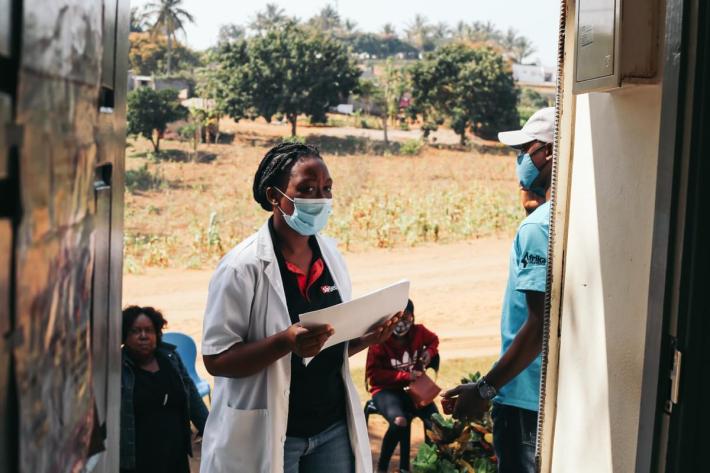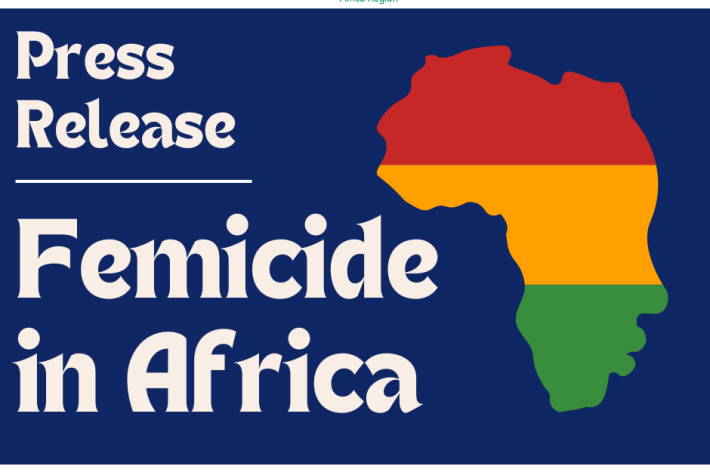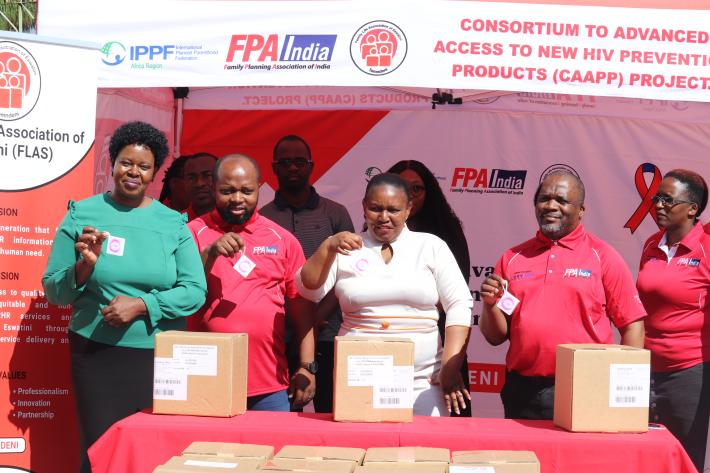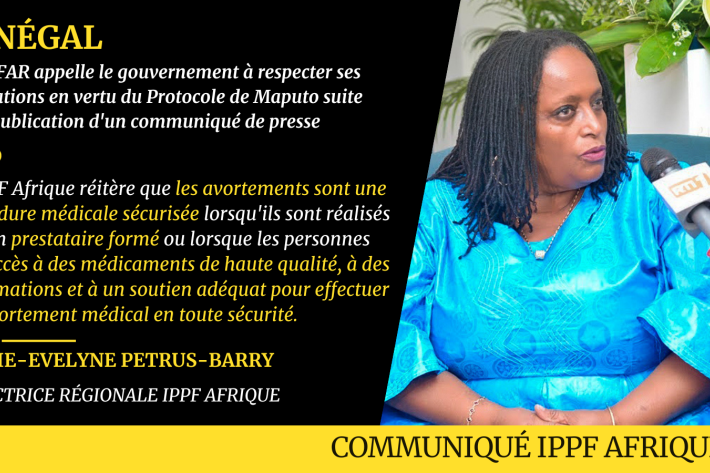Latest press releases
A selection of stories from across the Federation
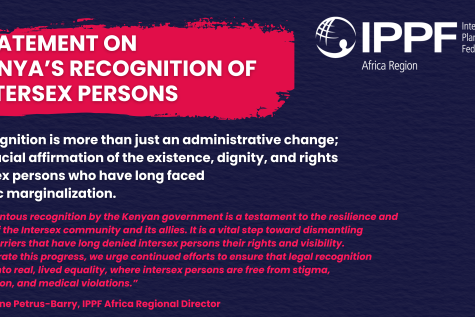
Kenya
IPPF Africa Region Welcomes Kenya’s Landmark Recognition of Intersex Persons
IPPF Africa Region Welcomes Kenya’s Landmark Recognition of Intersex Persons Nairobi, Kenya: 13 February 2025 – On 31 January 2025, Kenya has taken a groundbreaking step towards inclusivity and human rights by officially recognizing intersex as a sex marker alongside male and female in the Kenya Legal Notice 153 of 2025.


| 28 July 2022
Statement In Support Of Pregnant School Girls In Tanzania
IPPF Africa Region is concerned about the alleged statement by Tanzanian President HE John Pombe Magufuli. The warning that schoolgirls who have given birth should not be allowed to return to school is contrary to Regional and Global policy commitments that seek to protect Africa’s Youth, to which the United Republic of Tanzania is a signatory. The Republic of Tanzania has ratified several protocols at the continental level – and these include the Banjul Protocol, the Maputo Protocol and most recently the Maputo Plan of Action 2016-2030. The Banjul Protocol specifically states in article 17 that ‘Every individual shall have the right to education” and part of article 18 declares that “The State shall ensure the elimination of every discrimination against women; and also ensure the protection of the rights of women and the child as stipulated in international declarations and conventions.” Education is not only a human right in itself, but also enables access to almost all other human rights (UNESCO, 2016). The right to education is enshrined in Article 26 of the Universal Declaration of Human Rights (United Nations, 1948). Equal access to quality education is also an objective of Africa’s Agenda 2063 and the United Nations 2030 Agenda for Sustainable Development. When a girl is not enrolled, or is pulled out of school for any reason whatsoever, her rights are violated, her opportunities are lost and her future options are limited. In light of the above, we would like to appeal to the government of the United Republic of Tanzania to review its overall position on the status of the girl child in the context of the Demographic Dividend, Maputo Plan of Action, Maputo Protocol and the African Youth Charter. We firmly believe that Africa can harness the Demographic Dividend through investing in youth, particularly young girls if their rights are preserved.











